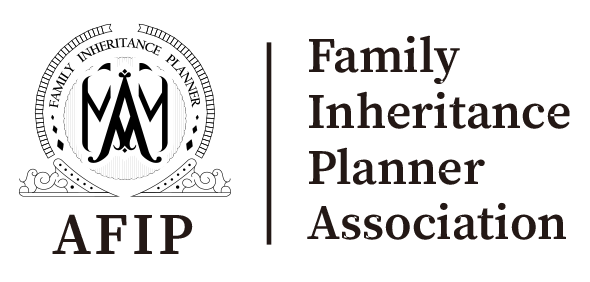I. From Wealth Management to Civilizational Governance
In its early definition, a Family Office was the financial nerve center of high-net-worth families —
responsible for investment, trusts, taxation, and asset allocation.
Today, however, it has evolved into the governance center of family civilization —
not merely managing money, but managing time, relationships, and purpose.
A true family office does not ask “how to make money grow”,
but rather “how to make the family’s values endure.”
This marks a transformation from Wealth Management
to Value Governance.
II. The Core Mission of a Family Office: Preserve, Grow, and Pass On
A mature family office usually operates around three core missions:
1) Preserve
Building cross-border asset protection through legal and tax structures:
- Trust and holding company frameworks
- Tax compliance and CRS strategies
- Legal risk isolation and family insurance pools
2) Grow
Transforming capital into long-term value creation:
- Diversified allocation (public markets, private equity, real estate, venture capital)
- Impact and ESG investments
- Health and longevity assets (“Health as Wealth”)
3) Pass On
Turning wealth into fuel for education, not the source of division:
- Family charters and governance constitutions
- Next-generation education and family academies
- Institutionalized family values and philanthropy strategies
IV. AI × Family Office: The Era of Intelligent Governance
Artificial intelligence is reshaping the operating logic of family offices.
AI is not merely a decision-support tool; it is the data backbone of governance:
- Investment AI: Real-time market, risk, and liquidity analysis for intelligent asset allocation models.
- Health AI: Integration of biometric and behavioral data to predict potential health risks.
- Governance AI: Tracking decisions, meetings, and educational progress to ensure transparency and accountability.
The value of AI lies not in replacing people,
but in amplifying collective family intelligence.
V. Sustainable Family Governance: From “Single Capital” to “Multi-Capital”
Traditional family offices focus on financial capital;
future-oriented ones must balance five forms of capital:
- Financial Capital — Assets and cash flow
- Human Capital — Talent and education
- Social Capital — Networks and trust ecosystems
- Cultural Capital — Values and beliefs
- Health Capital — Physical, mental, and longevity well-being
The balance among these five determines a family’s intergenerational resilience.
VI. The Asian Opportunity: From Concentrated Wealth to Distributed Wisdom
In Asia, the first-generation entrepreneurs have largely achieved wealth creation,
while the second and third generations now face the question of how to preserve and pass it on.
This is the defining moment for family offices —
they serve as the bridge between assets and mission, individuals and families, the present and the future.
- Hong Kong / Singapore: Mature family office frameworks and robust trust systems
- Taiwan / Malaysia: Rising affluent and high-net-worth classes entering a golden age of succession
- Mainland China: Transformation toward institutionalized and professionalized family governance
Over the next decade, Asia will become the epicenter of the global family office movement,
leading innovations in intelligent wealth, health capital, and structured succession systems.
VII. Conclusion: From “Rich for Three Generations” to “Radiant for Three Generations”
The ultimate goal of a family office is not for wealth to last forever,
but for values, health, and purpose to be passed down through generations.
When a family can manage both the flow of money and the flow of meaning,
that is true lasting prosperity.
Real legacy is not merely the inheritance of wealth,
but the inheritance of the wisdom to create wealth
and the conscience to use it well.

